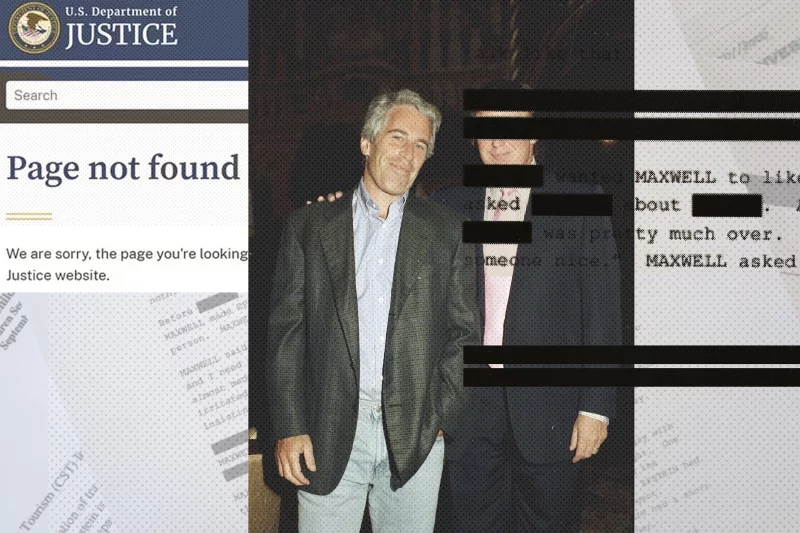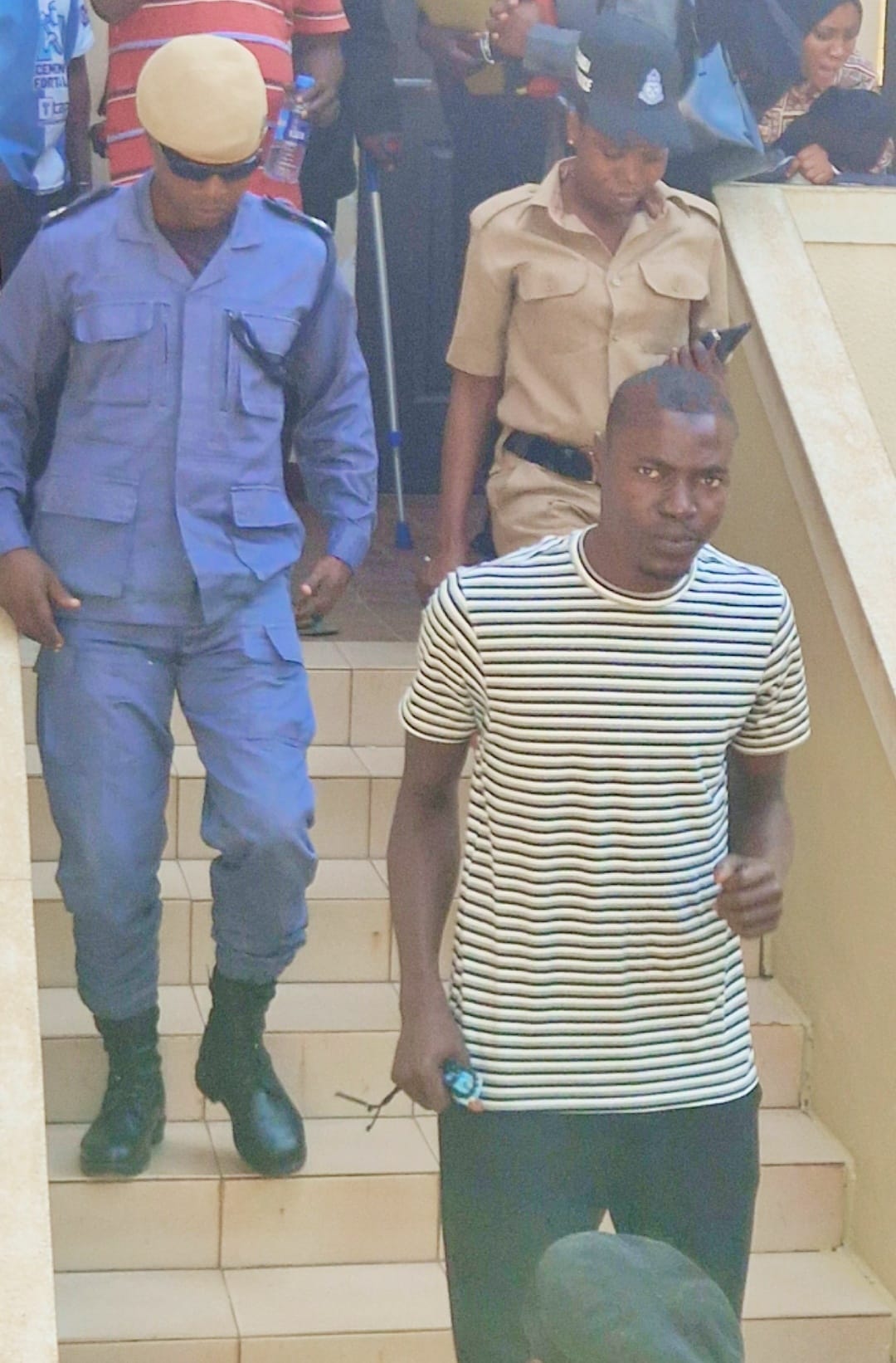In a recent ruling, Justice Ebrima Jaiteh admitted several statements as exhibits in a voir-dire trial, reserving judgment on their weight until further evaluation. The ruling addressed objections raised by counsel Lamin J Darboe regarding the admissibility of cautionary and voluntary statements allegedly made by the 1st Accused Person, Ousainou Bojang.
The statements in question, exhibits VD1 to VD15, included cautionary and voluntary statements on various charges such as Assault Causing Grievous Bodily Harm, Attempted Murder, Murder, and Prohibition of Acts of Terrorism. The 1st Accused contested their admissibility, claiming they were obtained involuntarily and under duress.
During the voir-dire trial, the prosecution called two witnesses, including the police officer who recorded the statements and an independent witness present during their recording. The defence called the 1st Accused and a witness in their defense.
In his ruling, Justice Jaiteh emphasized the importance of complying with legal standards and the Judges’ Rules in obtaining confessions from accused persons. He noted the legal burden on the prosecution to prove the voluntariness of the statements beyond a reasonable doubt.
Justice Jaiteh criticized Ousainou Bojang for allegations of sleepiness and coercion, citing a lack of substantial evidence and health issues related to the coffee.
Jaiteh questioned the authenticity of Ousainou Bojang’s claims of being beaten to confess, as their subsequent thumb-printing of blank papers without knowledge of their content raised doubts.
Jaiteh argued that a reasonable person who was beaten to confess would not merely thumbprint blank papers without knowing the content and was not convinced by Ousainou Bojang’s testimony.
After careful consideration of the evidence, including the presence of an independent witness during the recording of certain statements, Justice Jaiteh admitted exhibits VD2 to VD14 as admissible evidence. However, he rejected exhibit VD1 due to the absence of an independent witness.
Justice Jaiteh highlighted that the weight to be attached to these statements would be determined at the end of the trial, taking into account all evidence presented. He reassured that the court would consider the adherence of the police to investigative procedures in assessing any confessional statements made by the 1st Accused.
The ruling underscores the importance of procedural fairness and adherence to legal standards in criminal proceedings, ensuring that justice is served in accordance with the law.










